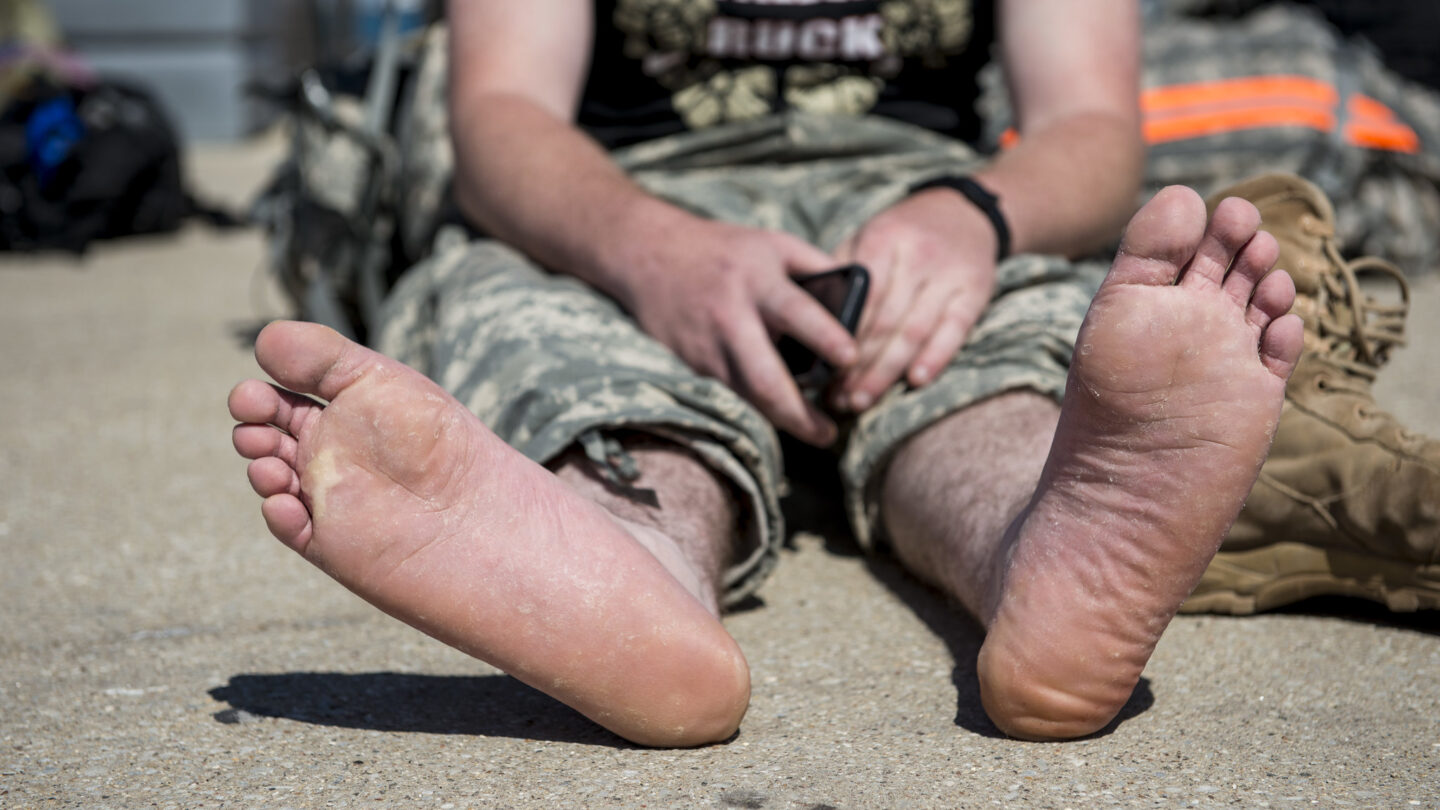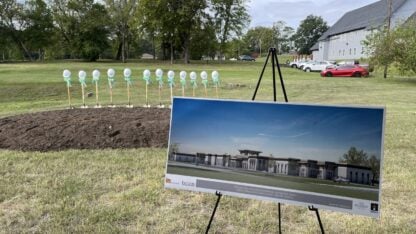More than 200 military veterans and advocates gathered at the Atlanta VA in Decatur this week to mark Suicide Prevention and Recovery Month.
The second-annual VA “Walk and Roll” event is part of ongoing efforts throughout the national VA system to prevent veteran suicides and increase access to mental health treatment.
Nationally, according to the latest VA data, suicide is the second-leading cause of death for veterans under age 45.
And while Georgia’s veteran suicide rate is lower than the national one, it remains higher than that of the national general population, according to the United States Department of Veterans Affairs.
In 2020, data shows that 183 Georgia veterans died by suicide, nearly all of them men.
To help prevent suicide, it’s important to recognize the signs and risks, said Atlanta VA Healthcare System nurse Colleen Young.
“We need to try to get to the minds of veterans and family members because oftentimes we ignore these things,” Young said. “But we know something is going on. But we are hoping — hope is not going to get you an answer. We have to act.”
The signs could include appearing sad, depressed or hopeless, experiencing anxiety, agitation, sleeplessness, mood swings, self-isolating, engaging in self-destructive behavior or giving away personal possessions.
At the Atlanta VA event, Young spoke about her own experience losing her son — who was not a military veteran — to suicide about 10 years ago.
“I have good days and bad days. I know I tried my best. I just didn’t see it,” she said. “I worked in mental health, and I’m often questioning myself, how did I miss this? How did I miss the signs?”
Now, she urges others who suspect a loved one may be considering suicide to talk about it.
“It’s OK to ask these questions. But families are afraid to ask, thinking asking that question is going to hurt them.”
Research from the national VA suggests increasing access to mental-health care and community based support programs can help prevent veteran suicide.
Officials at the Atlanta VA stress that veterans do not need to be diagnosed with a service-connected disability to access mental-health assistance available to them.
“If someone is not in a crisis where they need to go to the emergency room, they can walk into the VA clinic and they can see a provider the same day,” said Kajuana Pitts, a recovery coordinator and social worker at the VA.
The national 9-8-8 crisis line can also connect veterans or their family members to suicide prevention assistance.
“The crisis line is open to anyone. However, 9-8-8-press-1 is specifically for veterans,” Pitts said. “So if they call 9-8-8, and they press 1, it will route them to our local suicide prevention team. So they will get follow-up from our local providers.”
The state’s 9-8-8 system has experienced at least a 12% increase in demand since it went live last year, according to the Georgia Department of Behavioral Health and Developmental Disabilities.
Numbers from the department show Georgians from rural counties have so far contacted 9-8-8 at generally higher rates than people in urban areas.









